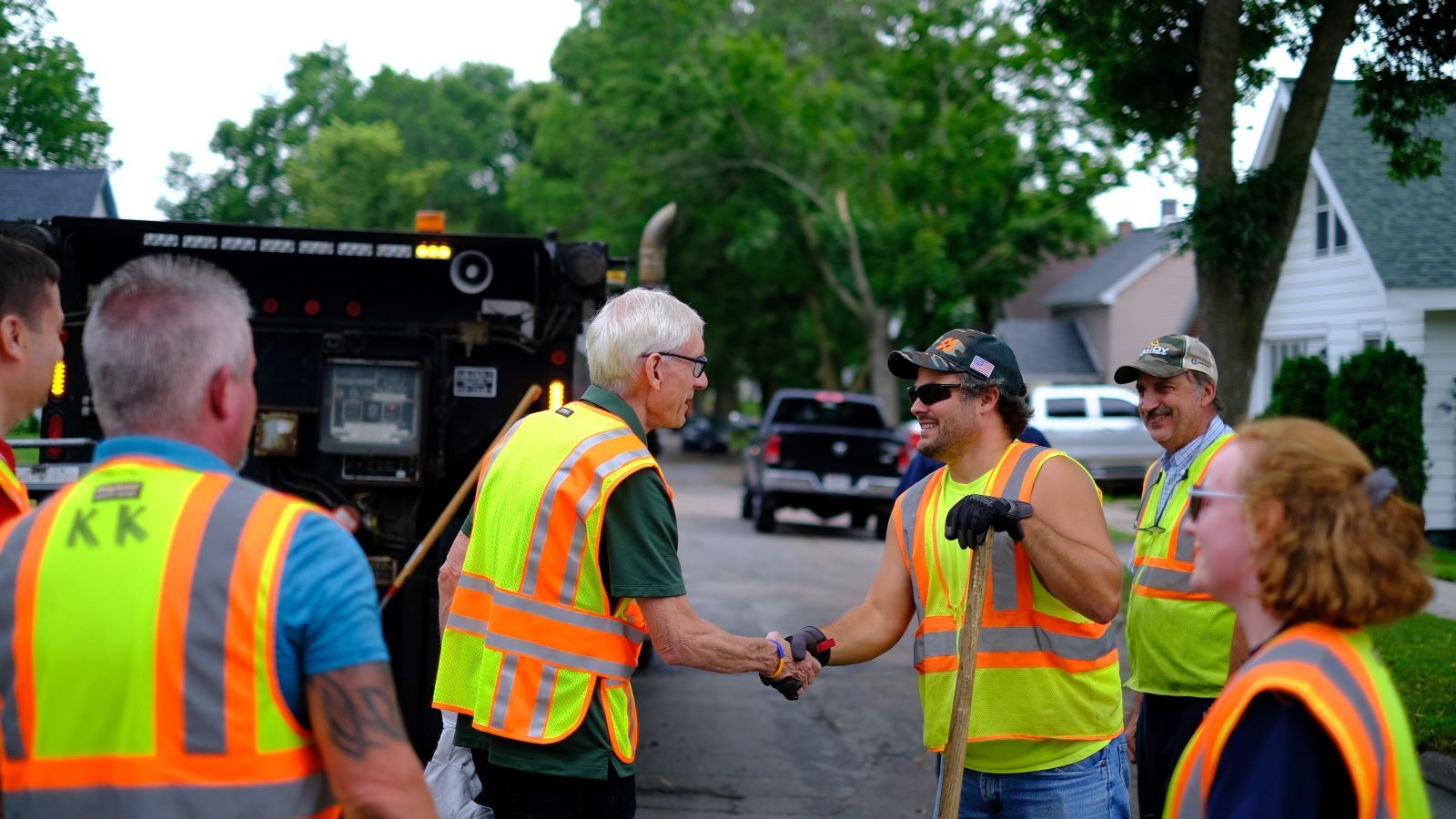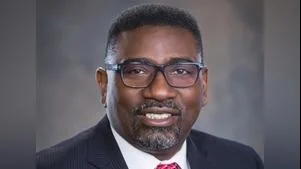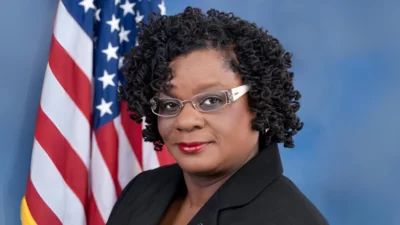Wisconsin Gov. Tony Evers | twitter.com/GovEvers/status/1579843508252598272
Wisconsin Gov. Tony Evers | twitter.com/GovEvers/status/1579843508252598272
Wisconsin Gov. Tony Evers has joined forces with at least three other state governors in a push to increase the levels of hydrogen energy in the state.
“Clean hydrogen has the potential to play a key role in our work to build a strong clean energy economy in Wisconsin, and this agreement is another positive step toward achieving the goals of our Clean Energy Plan and creating the more sustainable future our kids deserve,” Evers posted Oct. 6 on Twitter.
In signing off on the agreement, Evers joined governors from Minnesota, Montana and North Dakota in forming the new alliance. The next step in the process includes the quartet seeking to secure government funding in expanding hydrogen energy across the state. Urban Milwaukee reports this “green energy” would be a part of creating an entire system of clean energy infrastructure.
All across the country, hydrogen power is growing in popularity largely due to its ability to be generated by electrolysis, a carbon-free process of separating hydrogen and oxygen in water. The practice is touted as a potential permanent energy source, which ultimately could come to replace many fossil fuels. While not all harvested hydrogen is yet completely green, leaders say it is a step toward a more sustainable future.
As a whole, the project would supply four hydrogen hubs in different regions of the country. Wisconsin officials submitted their application with neighboring states in hopes it would enhance the state’s chances of closing the deal. Evers also has joined the Midwestern Hydrogen Coalition.
“Clean hydrogen has the potential to play a key role in our clean energy efforts here in Wisconsin and across the country, and I’m proud to be working together with this bipartisan group of governors to do the right thing for our states’ futures,” Evers said in a statement.
Over the past decade, approximately 10% of Wisconsin’s energy has been generated through renewables. The question of how much hydrogen will be produced when the states officially join forces with the hub remains an open one.






 Alerts Sign-up
Alerts Sign-up